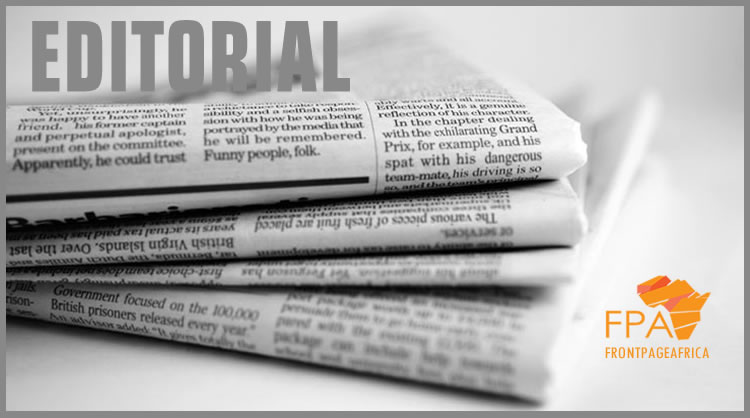
THE RECENT tumultuous events surrounding the dismissal of government officials, particularly the case of the Liberia Telecommunications Authority (LTA) commissioners and the ongoing controversy at the National Fishery and Aquaculture Authority (NAFAA), highlight a troubling trend in Liberian governance. These incidents underscore the urgent need for a commitment to justice, adherence to legal frameworks, and a culture of respect for institutional integrity.
THE ESSENCE of governance lies not only in wielding power but also in exercising it responsibly, transparently, and with respect for established laws. Unfortunately, recent actions have cast doubt on these principles, which could lead to an erosion of public trust and stability within key institutions.
THE DISMISSAL of the LTA commissioners, in contravention of established tenure laws, sets a dangerous precedent that undermines the rule of law and the independence of regulatory bodies. The petition filed by the commissioners rightly emphasizes the importance of upholding statutory provisions and protecting the tenure rights of government officials. Failure to do so not only violates the rights of individuals but also jeopardizes the effectiveness and credibility of regulatory agencies.
SIMILARLY, the turmoil at NaFAA, characterized by allegations of political interference and personal attacks, underscores the need for due process and fair treatment of public servants. Director General Emma Glassco’s insistence on an investigation to ascertain the validity of allegations against her demonstrates a commitment to accountability and transparency. It is imperative that such investigations proceed impartially and without undue influence, ensuring that justice is served and institutional integrity preserved.
MOREOVER, the broader implications of these events extend beyond individual cases to the very fabric of governance in Liberia. The arbitrary removal of officials, driven by political motives or personal agendas, threatens to destabilize democratic institutions and undermine progress towards good governance. It is incumbent upon all stakeholders, including the executive, legislature, judiciary, and civil society, to uphold the principles of justice, accountability, and the rule of law.
IN ADDRESSING the challenges facing governance in Liberia, a holistic approach is required. This entails not only addressing immediate concerns but also implementing systemic reforms to safeguard against future abuses of power and ensure the enduring integrity of institutions. Legislative oversight, judicial independence, and robust mechanisms for accountability and transparency are essential components of such reforms.
FURTHERMORE, fostering a culture of dialogue, consensus-building, and respect for diversity of opinion is paramount to building a resilient and inclusive governance framework. Constructive engagement between government, civil society, and citizens is essential for promoting transparency, accountability, and public trust in governance processes.
THE RECENT CONTROVERSIES surrounding the dismissals of government officials in Liberia serve as a stark reminder of the fragility of democratic institutions when subjected to political whims and personal interests. The arbitrary removal of officials not only erodes trust in governance but also poses a significant threat to the stability and integrity of Liberia’s democratic framework. It is imperative that all stakeholders, including the executive, legislature, judiciary, and civil society, unite in their commitment to upholding justice, accountability, and the rule of law. Only through concerted efforts to safeguard against abuses of power and promote transparency and accountability can Liberia realize its full potential as a beacon of democracy and good governance in the region.

